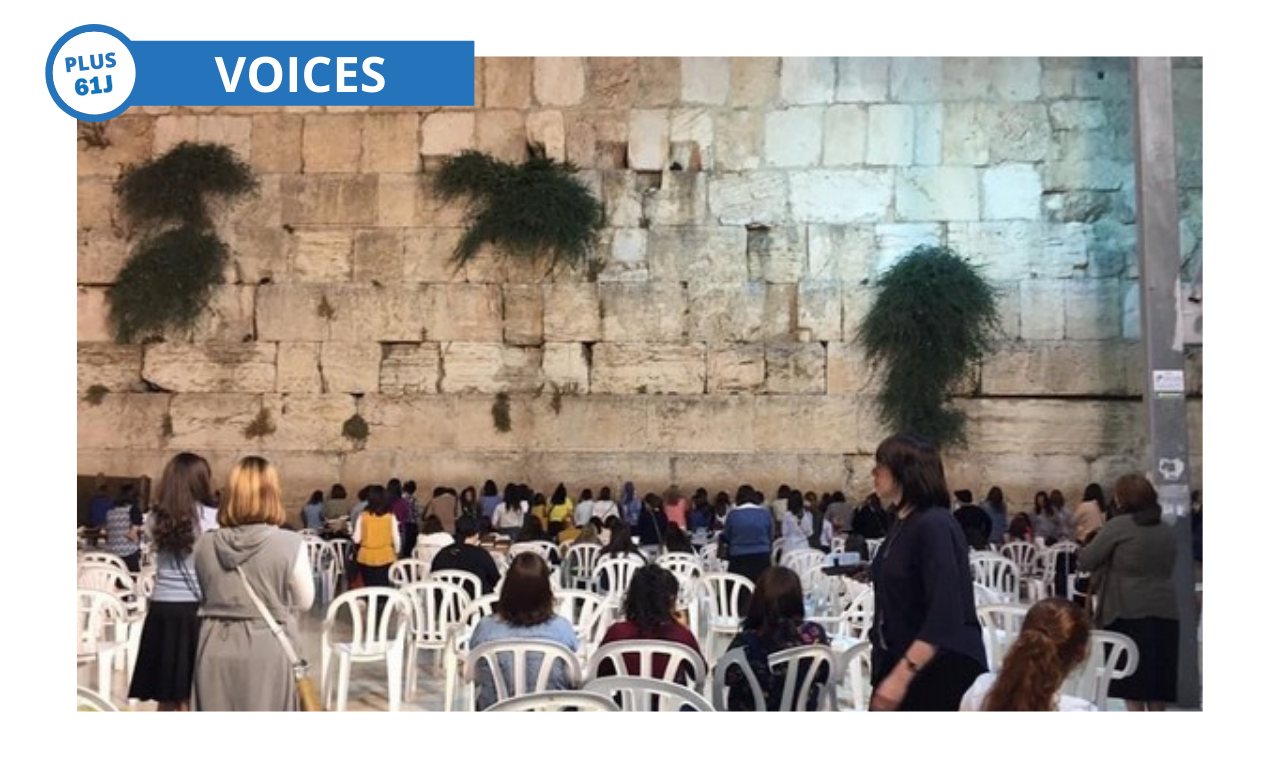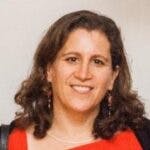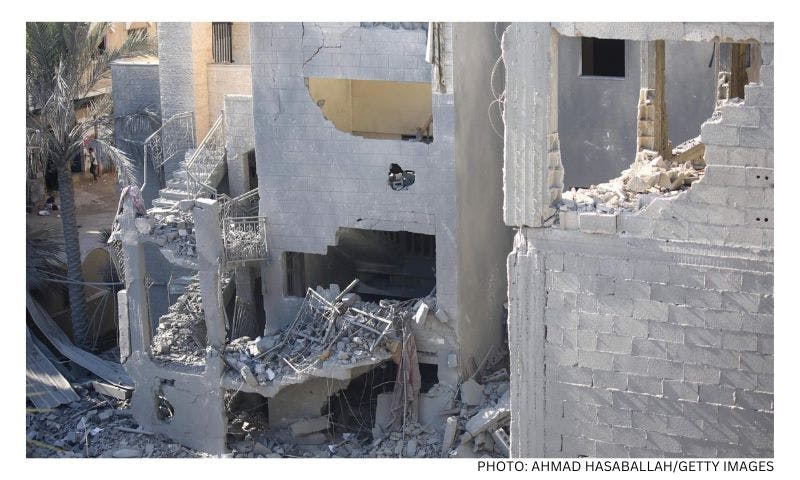Published: 11 February 2022
Last updated: 4 March 2024
With her son on Shnat, SHARON BERGER reflects on her mixed feelings about Israel: the dynamism and sense of connection, but her estrangement from its political currents
MY SON IS in Israel for the year, and I am jealous. It’s not just because I haven’t been on an international flight in over two years; I have mixed feelings as I watch him reconnecting with our old friends and family, discovering the many layers to Israel and eating lots of my favourite food.
Despite having organised an army exemption for him as he was born in Israel, he jokes about how he is going to meet an Israeli and join the army. While military service wasn’t the reason we left Israel, when we did, I was relieved he would never have to put his life on the line as a political pawn. The thought of not seeing him for so many months is hard enough.
I don’t know how Israeli parents live with the uncertainty of what might happen to their children during their military service and the following years of miluim (reserve duty). Many of our friends who made aliyah at the same time as we did now have kids in uniform. Most are not on the front line, but those who do have kids at the border or elsewhere must be philosophical and worry only about the things they can control. A useful lesson to inculcate regardless of where you are living.
I hope this experience takes him far outside the comfortable world of Sydney’s Eastern Suburbs that he knows. Don’t get me wrong, I love Sydney. I relish being by the beach and near my family. The weather is pretty good and apart from the traffic and real estate prices I feel blessed to live here. It’s comfortable and so much easier than day-to-day life in the Middle East.
But there is a dynamism in Israel that sometimes makes Sydney feel flat. I was in Israel a few years ago for work and after a long day decided to visit the Kotel at night. By the time I walked there it was midnight. Instead of desolate stones I had to jostle my way through several layers of women to touch the Wall. I tried to think what would be open in Sydney at a similar time and nothing came to mind, not even most supermarkets or petrol stations.
Despite having made the decision to live in the Diaspora, I see the future of the Jewish people in Israel. I know, I know; at least I recognise the paradox.
Despite having made the decision to live in the Diaspora, I see the future of the Jewish people in Israel. I know, I know, but at least I recognise the paradox. While I might not agree with all the directions this future is taking, there is an automatic connection and coherency to living Jewishly in Israel that makes so much more sense than living as a Jew in another country.
My son will experience most of the cycle of the Jewish calendar publicly, not just in the synagogue or at home as he has growing up. This includes seeing the roads filled with bicycles on Yom Kippur, the country coming to a stop for Yom Hashoah (Holocaust Day) and Yom Hazikaron to remember the fallen, not being able to buy bread on Pesach and even the Friday night Shabbat scene outside Jerusalem’s synagogues. Although he might have learned about all of this at school, experiencing it will feel very different.
I am torn because I know I loved that sense of connection to something bigger than me and a feeling of completeness when I moved to Israel. No longer did I have to juggle my identities and could be accepted for what I was. My sense of belonging was probably more pronounced than most due to having lived in five continents by the time I made aliyah.
I am torn because I know I loved that sense of connection to something bigger than me and a feeling of completeness when I moved to Israel.
At the time, I didn’t give much thought to how my parents felt. I must give them belated credit for not guilt-tripping me about my decision to live on the other side of the world and not taking it personally.
After living in Israel for 10 years I felt both more and less connected to the country. My Hebrew had improved significantly but I knew it would never be my native tongue. (I recently tried playing Wordle in Hebrew and this helped reconfirm any doubts I might have had.)
Despite my professional capacity to work in Hebrew I realised I would always be an immigrant and only our kids would truly be part of this society. Having said that I still have an accent whichever country I am in.
I also felt increasingly estranged from the politics and complete lack of movement towards changing the status quo. Many years later little has changed on this front, and I have become more informed about the costs of the Occupation.
While there are many unique attributes to living in a Jewish country, I have also become increasingly aware of how that impacts the non-Jews living there, as well as who gets to define what kind of Jewish practices are instituted. For example, the women’s section at the Kotel would have been less crowded if it was the same size as the men’s section.
While my son is mainly looking forward to a year without covid restrictions and lockdowns, being able to go to a nightclub, meet new people and expand his social horizons, I wonder how we would react if, at the end of the year he chose to stay, or he decided to return to Israel after he finished his degree.
I guess I should take my friend’s advice and not worry about the things I can’t control. For now.
Photo: Women at the Western Wall




